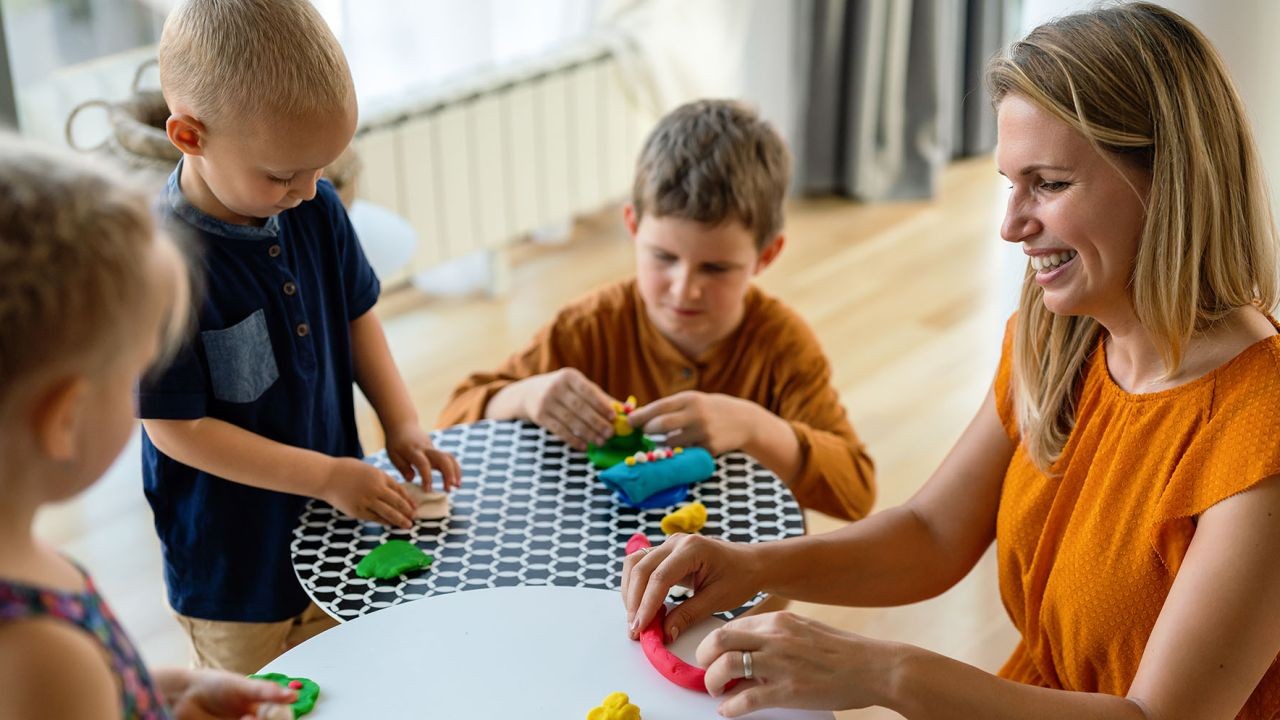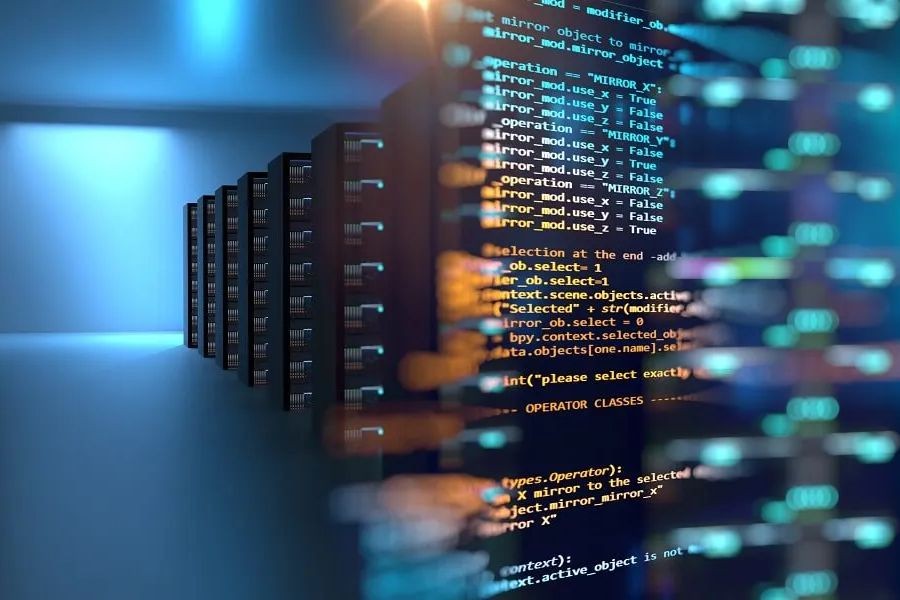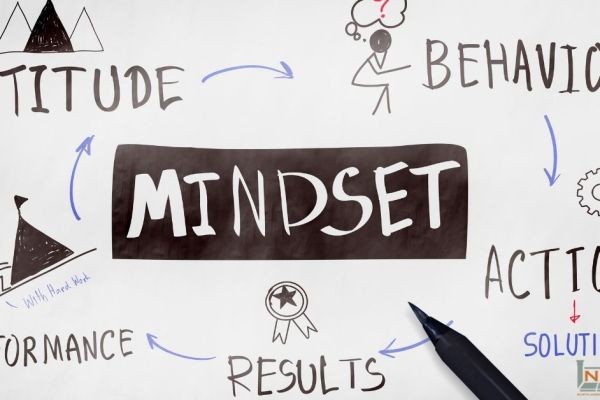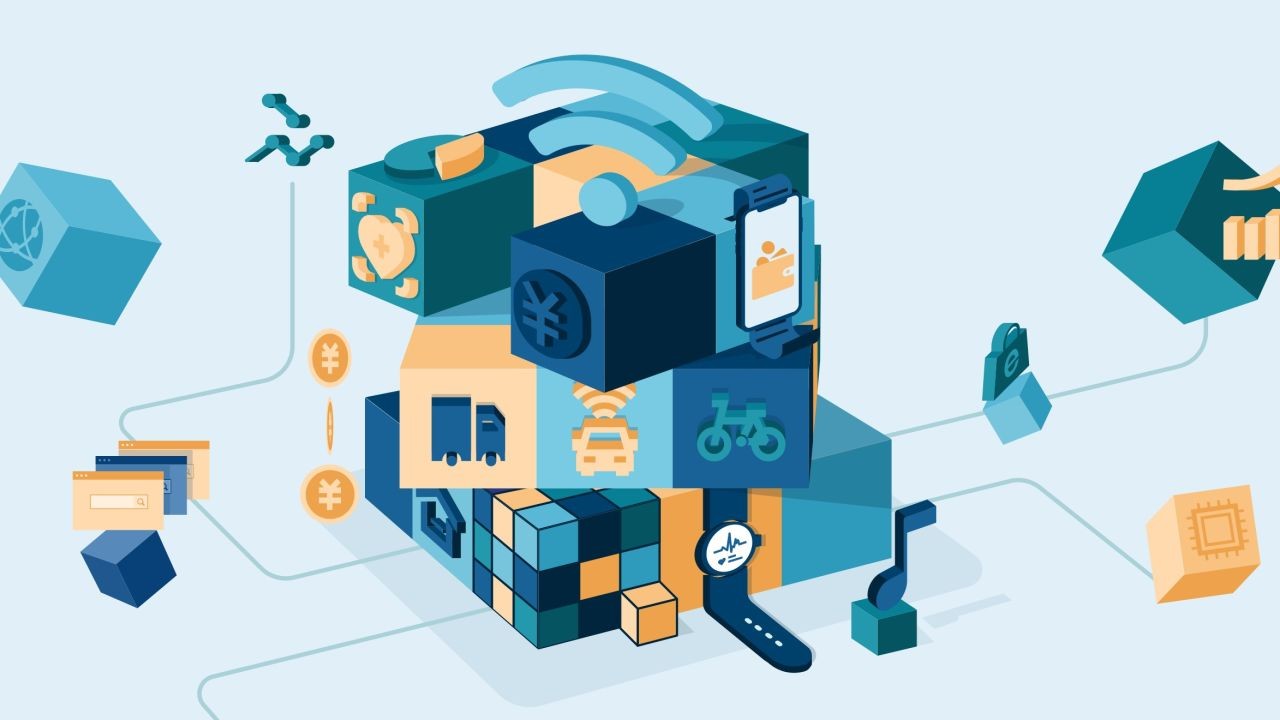In the contemporary landscape of education in New Zealand, the focus on children's social and emotional development is gaining unprecedented attention. While the academic curriculum remains a critical component, there's an emerging consensus that equipping children with social and emotional skills is equally vital for their holistic development. This article delves into how New Zealand schools can support this crucial aspect of education, backed by data-driven insights and expert analysis.
The Importance of Social and Emotional Development in Schools
Social and emotional development refers to the process through which children acquire the ability to understand and manage emotions, set and achieve positive goals, feel and show empathy for others, establish and maintain positive relationships, and make responsible decisions. This development is crucial as it lays the foundation for lifelong learning, well-being, and success.
According to a study by the New Zealand Council for Educational Research, children who develop strong social and emotional skills at school tend to exhibit higher academic performance, improved attitudes, and a greater likelihood of positive social behaviors. These competencies are essential not just for the individual growth of students but also for fostering a supportive and inclusive school environment.
Comparative Analysis: New Zealand's Approach vs. Global Trends
Global Trends in Social and Emotional Learning (SEL)
Globally, countries like Finland and Singapore have integrated SEL into their curriculums, recognizing its impact on academic excellence and overall student well-being. In Finland, for instance, SEL is embedded in the education system, focusing on collaborative problem-solving and emotional regulation from an early age. This approach has contributed to Finland's reputation for educational success.
New Zealand's Position
New Zealand schools have also embraced SEL, albeit in a more decentralized manner. The New Zealand Ministry of Education has provided guidelines and resources, encouraging schools to implement SEL programs tailored to their unique communities. However, the execution varies significantly across schools, with some incorporating comprehensive SEL curriculums and others focusing primarily on academic achievements.
How Social and Emotional Development Works: A Deep Dive
Key Components of SEL
- Self-awareness: Understanding one's emotions, strengths, and limitations.
- Self-management: The ability to regulate emotions and behaviors in different situations.
- Social awareness: Empathy toward others and understanding diverse perspectives.
- Relationship skills: Building and maintaining healthy relationships.
- Responsible decision-making: Making ethical, constructive choices about personal and social behavior.
Implementation in Schools
Implementing SEL in schools involves a multi-faceted approach that includes teacher training, curriculum development, and an inclusive school culture. Teachers play a pivotal role as facilitators of SEL, requiring professional development to equip them with the skills to integrate SEL into daily learning activities effectively.
Case Study: Success of SEL in New Zealand Schools
Case Study: Auckland's Selwyn College
Selwyn College in Auckland has become a leading example of effective SEL implementation. The college introduced a comprehensive SEL program focusing on building student resilience and emotional intelligence. The initiative included regular workshops, peer mentoring sessions, and an emphasis on student-led activities.
Problem: Selwyn College faced challenges with student engagement and well-being, leading to lower academic performance and increased behavioral issues.
Action: The school adopted a whole-school approach to SEL, integrating it into the curriculum and daily activities. Teachers received specialized training, and SEL became a core component of the school culture.
Result: The college witnessed a remarkable transformation, with academic performance improving by 30% and a significant reduction in behavioral issues. Students reported feeling more connected and supported, illustrating the effectiveness of the SEL program.
Takeaway: Selwyn College's success underscores the importance of a well-rounded education that prioritizes emotional and social development. Schools across New Zealand can draw valuable lessons from this model to enhance student outcomes.
Debunking Common Myths About SEL
Myth: "SEL is only for children with behavioral problems."
Reality: SEL benefits all students, providing them with essential life skills. Research indicates that SEL improves academic performance by 11 percentile points, benefiting both high-achieving and struggling students alike.
Myth: "SEL takes away from academic learning."
Reality: Integrating SEL into the curriculum enhances academic learning by creating a supportive environment where students feel safe and motivated to learn.
Myth: "SEL cannot be measured."
Reality: There are established frameworks and tools for assessing SEL skills, such as the CASEL framework, which provides metrics for evaluating student progress in SEL competencies.
Future Trends and Predictions
Looking ahead, the integration of SEL in New Zealand schools is poised to gain further momentum. By 2026, it is predicted that SEL will become a mandatory component of the national curriculum, driven by growing evidence of its positive impact on student outcomes. Additionally, advancements in educational technology may offer innovative solutions for personalized SEL learning experiences, further enhancing the effectiveness of these programs.
Final Takeaways and Call to Action
- SEL is crucial for fostering a well-rounded education that supports academic success and personal growth.
- New Zealand schools should prioritize SEL implementation, drawing on successful models like Selwyn College.
- Parents and educators must collaborate to support children's social and emotional development, ensuring they are equipped with the skills necessary for lifelong success.
In conclusion, supporting your child's social and emotional development in New Zealand's schools is a multifaceted endeavor that requires concerted efforts from educators, parents, and policymakers. By prioritizing SEL, we can create a more inclusive and supportive educational environment, preparing students for the challenges of the future. What steps will you take to support SEL in your community? Share your thoughts and insights below!
People Also Ask
- How does SEL impact academic performance in New Zealand? SEL positively influences academic performance by creating a supportive learning environment, leading to higher student engagement and achievement.
- What are the biggest misconceptions about SEL? A common myth is that SEL is only for students with behavioral issues. In reality, it benefits all students by enhancing their emotional and social skills.
- What are the best strategies for implementing SEL in schools? Effective strategies include teacher training, curriculum integration, and fostering an inclusive school culture.
- Who benefits the most from SEL? SEL benefits students, teachers, and the wider school community by fostering a positive and inclusive environment.
Related Search Queries
- Social and emotional learning in New Zealand
- SEL programs in schools
- Benefits of SEL in education
- How to implement SEL in schools
- Impact of SEL on student performance



































Daniel Chyi 戚钊
8 months ago